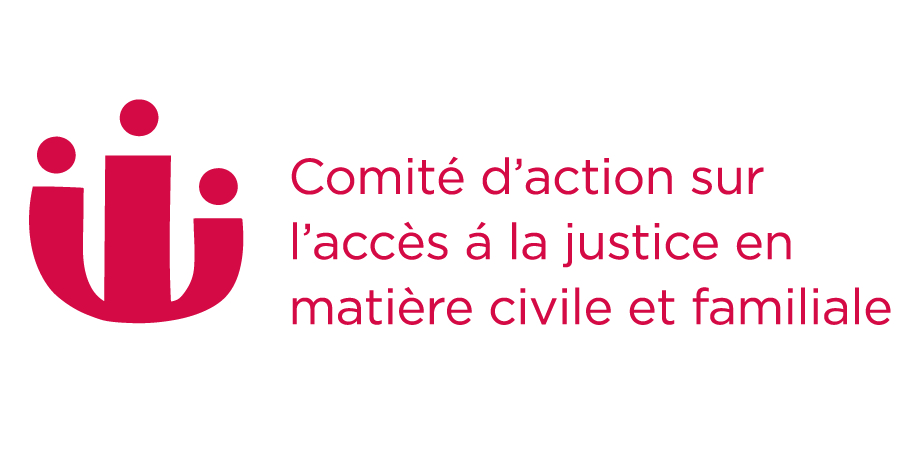Inventory of Reforms
Yukon Judicial Settlement Conference (Rule 37)
Year:
2007
Description:
Judicial settlement conference process in Supreme Court.
Status:
Permanent Implementation
Jurisdiction:
Yukon
Court:
Supreme Court of Yukon
Timeline:
May 23, 2007: Practice Direction No. 41 issued
Sept. 18, 2008: Rule 37 came into force
Publications:
Practice Direction #41, Judicial Settlement Conferences (The Supreme Court of The Yukon Territory, May 23, 2007). [Practice Direction]
Rule, Judicial Settlement Conference Rules of Court for the Supreme Court of Yukon.
Development:
Practice Direction No. 41, Judicial Settlement Conferences, was issued on May 23, 2007 and Rule 37, Judicial Settlement Conference, came into force on September 15, 2008 as part of the reform of the Rules of Court for the Supreme Court of Yukon.
Purpose:
To assist parties to resolve their cases at an early stage, to alleviate expense and to expedite the final resolution of the dispute.
Description of Reforms:
A judge may order attendance at a settlement conference upon request of a party or on his or her own motion.
Priority will generally be given to family law matters, as they are usually more urgent. It is anticipated that in personal injury matters, a private mediation will be attempted before a judge will be called upon, except for those cases with a contested legal issue.
Counsel may jointly request a particular judge whose background and experience will be conducive to reaching a settlement. The senior judge will assign the settlement conference judge.
In advance of the settlement conference, the judge [may] have a phone conference with counsel to discuss the case. This will include the issues to be dealt with and their order, whether it will be a mediation, one judge’s opinion or arbitration, and the timeline for filing settlement briefs. Counsel will be asked to disclose the settlement discussions to date including offers. The discussion should determine who will start first and the level of participation of counsel and parties.
The settlement conference will be conducted in a respectful way and the conduct of counsel and parties must be respectful at all times.
The settlement conference will be without prejudice, which means that nothing that is said or done can be raised at trial. All documents produced will be returned to counsel or the parties.
The settlement conference will be recorded by the judge. The recording is for the use of the judge only and will be stored in a sealed envelope in a separate file.
The settlement conference judge will not be the trial judge, unless all parties request and consent to that judge hearing the trial.
Generally, the attendance of counsel and the instructing party is required. In personal injury cases, the adjuster with settlement authority must attend. Videoconferencing may be arranged (Practice Direction at 1).
Revision History:
This summary was last reviewed in Aug 10, 2012



